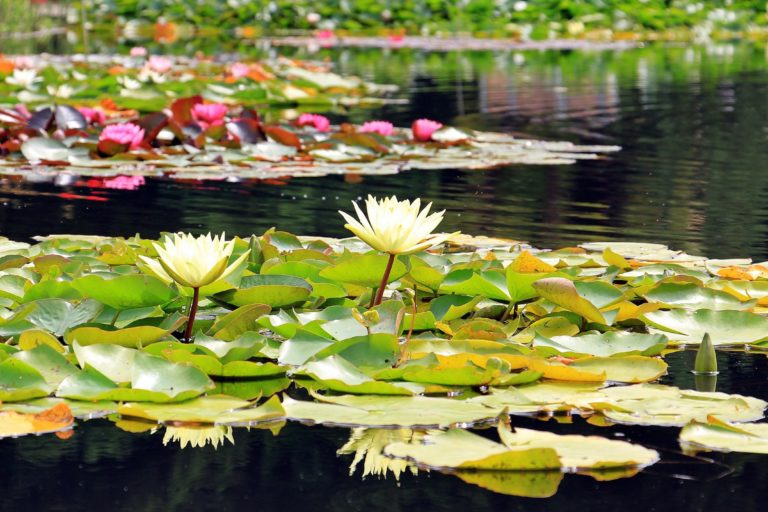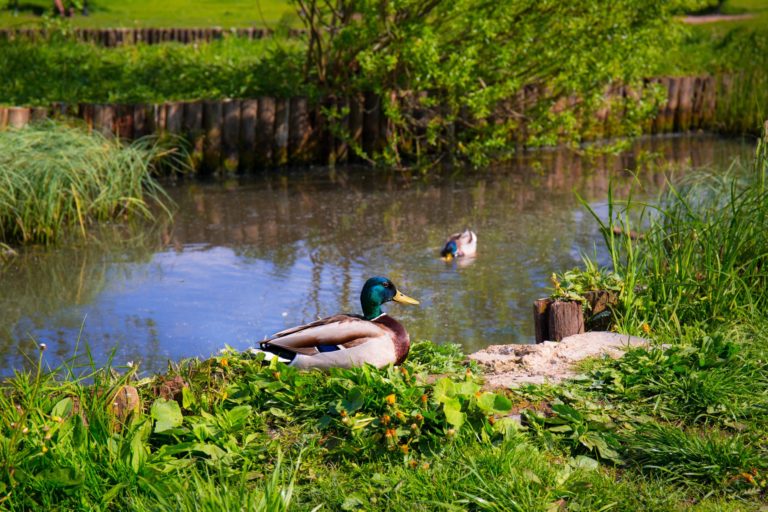Common Aquatic Plant Herbicides Used in Lakes and Ponds
Aquatic herbicides vary in effectiveness (depending on the weed species), toxicity, and water-use restrictions. Selection of which herbicide to apply depends largely on the identification of the aquatic plant to be treated (Murphy and Shelton 1996). For example, algae (filamentous and single cell) problems are typically treated with herbicides containing copper. Submersed plants (coontail, elodea, and pondweed) are often treated with Fluridone and Diquat.


